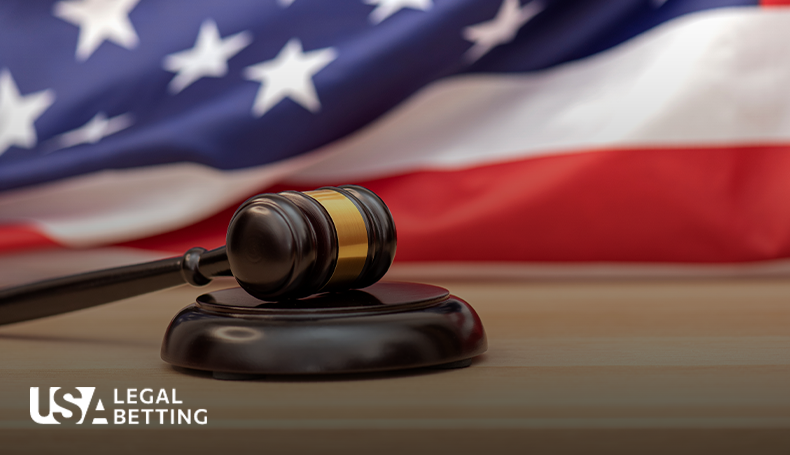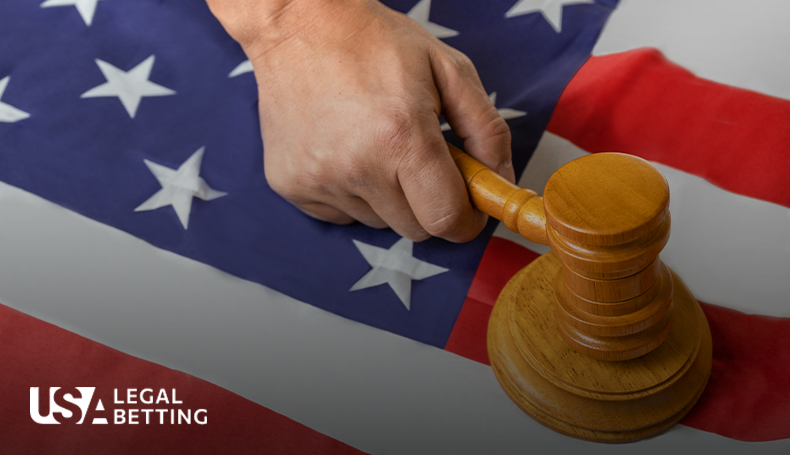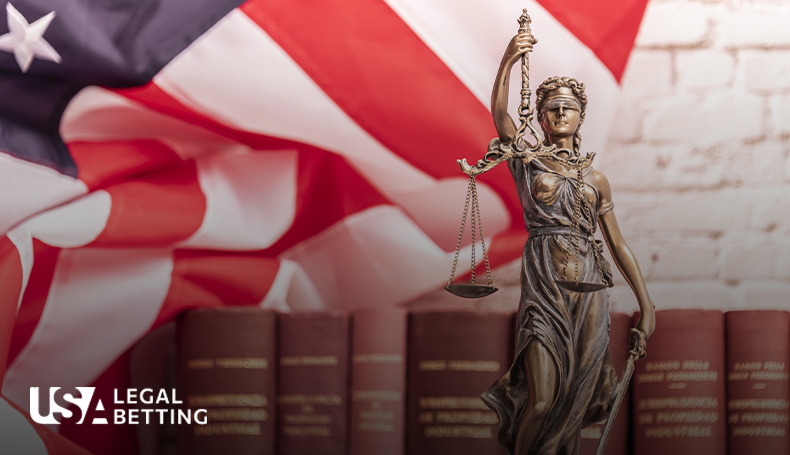While there is more support for sports betting than there was previously, there are still many legislators who oppose Stephenson’s plan.
Sen. John Marty (DFL-40) wrote in an editorial in the Star Tribune last week that sports betting is a “risky bet” because of its potential to breed a gambling addiction. That’s significant since Marty is the chairman of the next committee that will receive the bill.
Stephenson said that he is also concerned that the implementation of legal sports betting sites could drive problem gambling but believes that the state would be able to address it more accurately and on a broader scale.
“I share the concern about problem gaming, and I think everyone should… it’s a very serious issue,” Stephenson said. “Fundamentally, we should not be of the belief that just because it is illegal, it’s not happening every day. The right approach to this very serious public health problem is to regulate and address it with appropriate resources, and not just stick our head in the sand and pretend it doesn’t exist.”
Republicans have also taken issue with the lack of attention paid to the state’s horse racing industry. Officials want both of the state’s tracks to be granted sports betting licenses or more revenue after being capped at $600,000 annually.
Both proposals floating around would give full exclusivity over sports betting to the state’s 11 tribes, a plan supported by local professional sports teams. The Senate bill, which contains the 20 percent tax rate, also bans live betting, which may prove to be another stumbling block for gambling proponents.


















